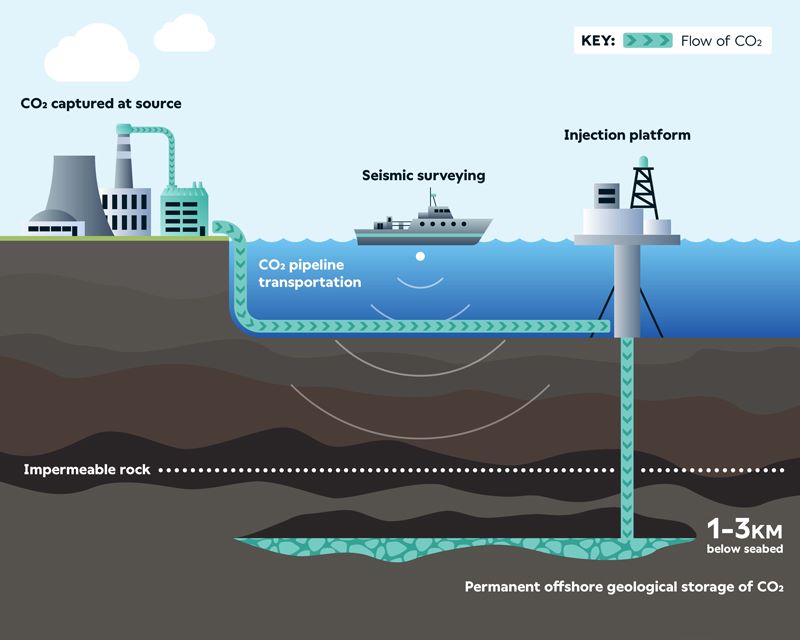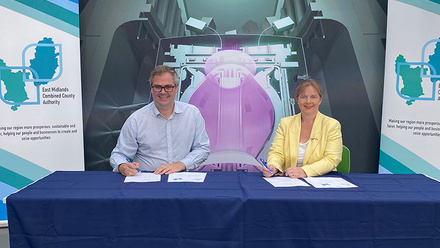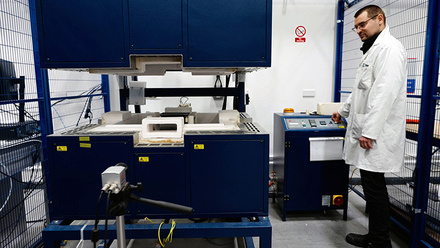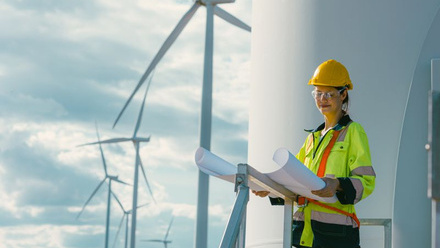Carbon Capture Association hits back at Public Accounts Committee report
The Carbon Capture & Storage Association is ‘extremely disappointed’ in the Committee’s warning on the UK's carbon capture programme.

The Public Accounts Committee (PAC) suggests that the UK Government has not assessed the likely impact on consumer energy bills of the carbon capture, usage and storage (CCUS) programme.
They have stated the government’s backing of ‘unproven, first-of-a-kind technology to reach net-zero is high-risk’.
They have called on the government to assess whether its full CCUS programme will be affordable for taxpayers and consumers, given wider pressures on energy bills.
PAC’s inquiry also states that the two contracts for CCUS projects do not include any provision for the government to share the profits, or for consumers to benefit from lower energy bills should things go well.
Olivia Powis, Carbon Capture & Storage Association CEO, responds, 'Whilst we fully support the Committee’s recommendations for updated targets for capture and storage, and in assessing value for money, it is extremely disappointing that the Committee has not taken onboard expert advice on delivering against our Carbon Budgets and securing our leadership in tackling climate change by successfully delivering first-of-a kind-projects in UK.
‘This includes the Intergovernmental Panel on Climate Change (IPCC) and the Climate Change Committee (CCC) who state that CCUS – a proven technology that has successfully been capturing and storing (carbon dioxide) CO2 for over 25 years across the globe – is essential to achieving net-zero.’
The government has recently committed to 81% emissions reduction by 2035, alongside clean power by 2030 and net-zero by 2050.
Powis adds, ‘Meeting these goals requires CCUS. Without it, British industries will not be able to decarbonise their operations and products, and our power system will not have low-carbon dispatchable power, which is essential for delivering a secure energy system when the wind isn’t blowing, and the sun isn’t shining.’
‘If we are to reduce our reliance on expensive imported energy and products and achieve long-term savings for consumers and benefits to UK PLC, we must continue to move forward with these projects at pace.
‘CCUS could attract £20-£30bln in private investment by 2030, creating significant tax returns to the Exchequer. And with almost one-third of Europe’s geological storage potential, the UK could have a CO2 storage sector collectively worth £30bln a year in taxable revenues by 2050.’
Separately, the University of Strathclyde, UK, has released a report that finds that, ‘National strategies for storing CO2 could have the unintended consequence of making global inequalities even wider'.
The study of nations’ plans for implementing carbon capture and storage (CCS) reveals that some countries have yet to assess the feasibility of CO2 storage within their borders, but have still factored it into their plans for transitioning to net-zero.
The study finds that the strategies may not support a fair transition unless better funding and stronger policies are in place. Without these, wealthier nations could gain most of the benefits, widening global gaps in climate resilience and economic opportunity.
The UK Government downgraded its ambitions for CCUS in 2024, with a target of storing 20-30Mt per annum of CO2 by 2030. Revised targets have not yet been announced.







